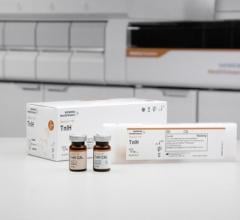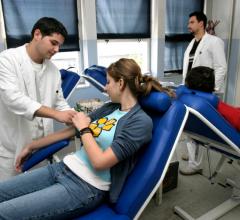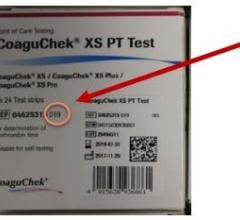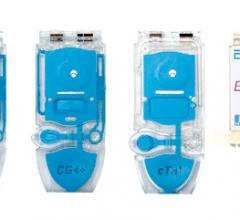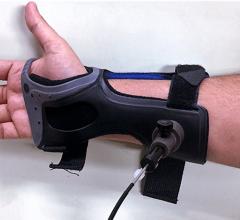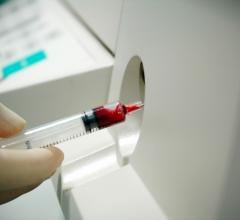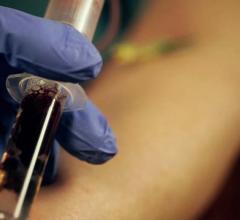
August 24, 2016 — Mayo Clinic has launched a new type of blood test that will be used to predict adverse cardiovascular events in patients with progressing coronary artery disease (CAD). The test measures blood concentrations of plasma ceramides, a class of lipids that are highly linked to cardiovascular disease processes. Researchers say this test is especially useful for patients with CAD when it does not improve with treatment or for young patients with premature CAD.
The new test will help clinicians identify at-risk individuals and is available to Mayo Clinic patients and healthcare providers worldwide through Mayo Medical Laboratories (MML). MML is the reference laboratory of Mayo Clinic, offering advanced laboratory testing and pathology services to more than 5,000 healthcare organizations in more than 60 countries. MML collaborated on the test with Zora Biosciences Oy, a diagnostics discovery company based in Finland that specializes in cardiovascular disease.
“Through our strong collaboration with Zora Biosciences, we hope our new test will improve the evaluation of individuals at risk for cardiovascular disease,” said Jeff Meeusen, Ph.D., a clinical chemist and co-director of cardiovascular laboratory medicine at Mayo Clinic. “This test is for patients with highly specialized cases, for example, patients with progressing coronary artery disease — despite treatment and control of their risk factors, or for younger individuals with premature CAD.”
The test also might be used to determine if treatment is necessary in individuals at intermediate risk via the risk calculator from the American College of Cardiology and the American Heart Association.
“Plasma ceramides are promising biomarkers for the prediction of adverse CV events in either primary and/or secondary prevention. The studies to date suggest that the signals observed presage events within the next five-year period,” said Allan Jaffe, M.D., cardiologist at Mayo Clinic and chair of the Division of Clinical Core Laboratory Services, with joint appointments in the Department of Cardiovascular Diseases and the Department of Laboratory Medicine and Pathology. “Risk conferred by plasma ceramides appears to be independent of other established and novel biomarkers, and there are preliminary indications that high ceramide concentrations can be modified by common lipid-lowering therapies.”
The test for plasma ceramides is to be used in conjunction with clinical evaluation and patient risk assessment as an aid in predicting risk of imminent adverse cardiovascular events. Risks conferred by ceramides are independent of traditional biomarkers including age, sex, smoking status and history of CAD. In a study published in 2016 in European Heart Journal, plasma ceramides were found to predict the likelihood of an adverse cardiovascular event within one year in CAD patients. In patients with suspected CAD and/or chronic heart failure, the test can predict the likelihood of an event within three to five years, based on studies published in the Canadian Journal of Cardiology and the International Journal of Epidemiology.
For more information: www.mayoclinic.org


 October 09, 2019
October 09, 2019 
